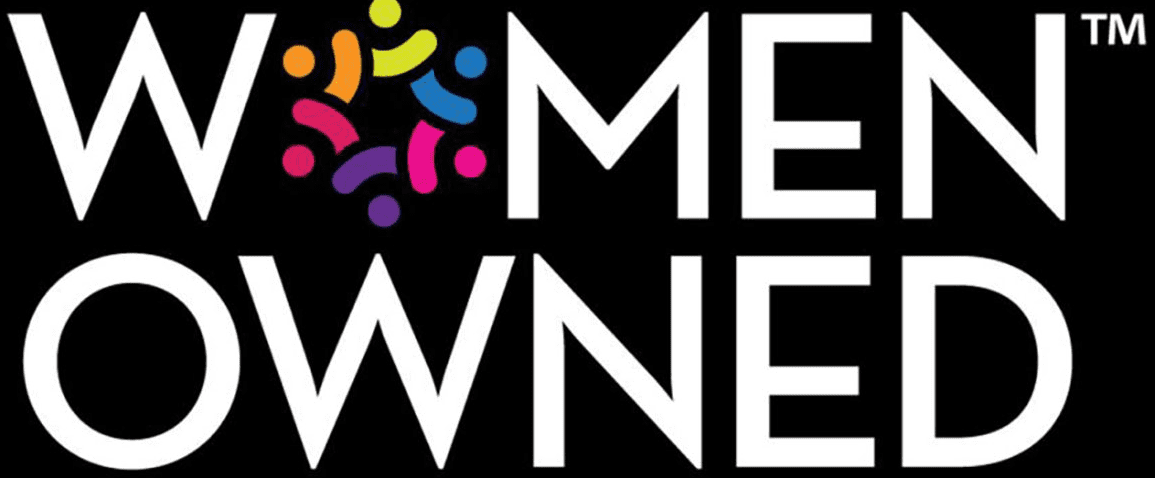Sections
Does Your Paid Search Strategy Need an Update?
Reading Time: 4 minutesAs a business owner, it can be tough to tell if your PPC efforts are working.
Google AdWords is a challenging program to learn, and if you don’t have a professional search marketer on your team, it feels risky – scary even – to throw money at keyword clicks.
Even if you think you’ve got a handle on it, it’s hard to know if your strategy is truly optimized. Are you bidding on all the right keywords for your brand? Are there customers you’re not reaching? Sales and leads you’re losing?
Here’s the good news: it is possible to know if your PPC strategy is working. You just have to know where to look.
Is Your Paid Search Working?
If you want an idea of how well your paid search efforts are paying off, you need to review these three metrics in AdWords.
1. Quality Score
Quality Score is Google’s assessment of the relevance and quality of your ads and keywords. In other words, it’s like a credit score for your brand, and Google’s the credit union. Your Quality Score determines both your visibility (how often you show up and where) and the cost you pay per click.
Quality Scores are measured on a scale of 1 to 10. How do yours stack up?
- 8 and above: You are killing it. Good job!
- 6 to 7: This is average. You’re doing fine, but there’s definitely more you could be doing to lower your cost and steal clicks away from your competition.
- 5 and below: You’ve got some real problems. You need to improve your Quality Score pronto.
Improving your Quality Score will reduce your spend and increase your leads, as Google will show your ad in more searches to more potential customers. You can improve your Quality Score by constantly refining and iterating on your strategy:
- Regularly add highly relevant, long tail keywords to your campaigns, and organize your keywords into groups for more effective targeting.
- Find and exclude Negative Keywords so you don’t waste money on irrelevant searches.
- A/B test different PPC copy and get rid of what’s not working.
- Always make sure your landing pages match what you’re promising in your ads – otherwise people will bounce back to the search results.
- Double-check you’re targeting the right audiences for your ads.
2. Auction Insights Report
Your success in PPC is heavily dependent on what your competition is doing. Fortunately, there’s a way to spy on the competition, and it’s called the Auction Insights report.
This report reveals how you’re performing in relation to your competitors over a variety of key metrics, including impression share, average position, and outranking share for specific keywords, ad groups, or campaigns.

Take a look at competitors who have a high Overlap rate. This means that both of your ads show for a large percentage of searches, so if they also have a higher Position above rate, they’re consistently outbidding you and showing above your ad (and capturing people’s attention first). If they have a higher Impression share, chances are good they have better quality scores and better targeting than you.
If any of these are the case, it’s time for you to step it up and push your competitors down to gain more marketshare. Increasing your Quality Score and your bidding should do the trick.
3. Search Lost Impression Share (Rank)
There are several types of Impression Share metrics in AdWords, but today we’ll focus on Search lost impression share (rank). This metric estimates how often your ad didn’t show on the Search Network due to having a poor Ad Rank. Ad Rank is Google’s algorithm that determines when and where your ads show up, including whether they show up at all.
Essentially, these are impressions (read: customers) you are missing out on because you have a poor Quality Score and a subpar ad. You do not want this number to be high.

This metric is different from Search lost impression share (budget), which means you lost impressions solely because you ran out of money. When you have a high Search lost impression share (rank), Google could have shown your ad, but chose not to. That means something is wrong: maybe you have a poor landing page that makes users bounce rather than convert, or underperforming ad copy in comparison to your competitors? Review your ads and do what you can to make them better.
How’d you do?
PPC is a fundamental channel for any marketing strategy, but it’s easy to overspend and under-optimize.
Did you like what you saw with the above metrics? If you find that your PPC campaigns should be doing more, contact us! We can perform an initial audit – just sign up here.







